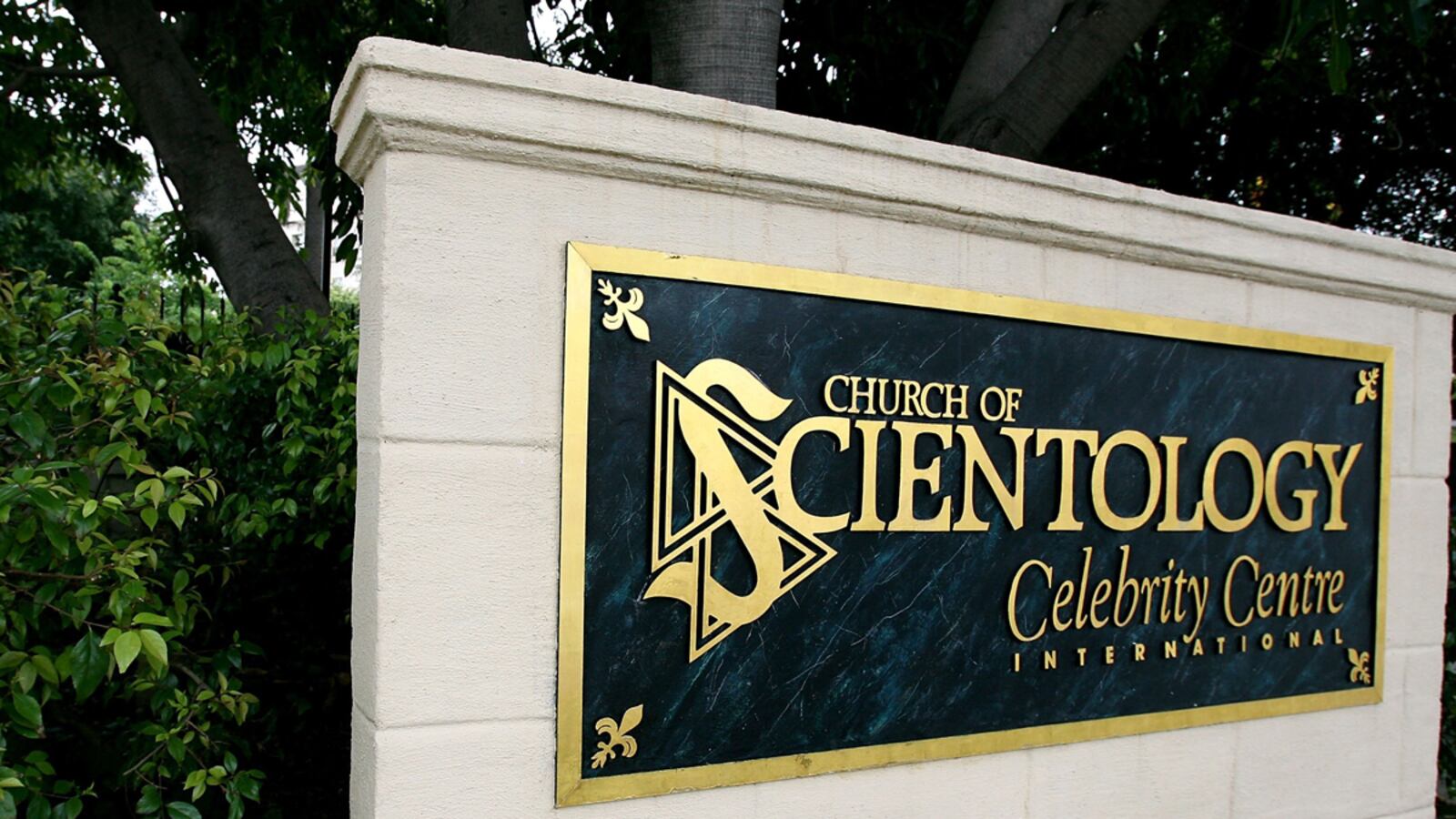
Jamie Kirchick offers a vigorous defense of Germany's hard-line against Scientology. Along the way, Kirchick reminds us how wacky it was of the IRS to reverse years of precedent and grant Scientology recognition as a church. Whatever else it is, Scientology is a profit-seeking enterprise, a fact not altered because its profits derive from telling fabulous fictions.
In 1967, the IRS revoked the Church’s tax-exempt status, a decision reasserted by each and every American court to which the Church brought challenges over a subsequent 25-year-period. A 1984 U.S. Tax Court ruling, for instance, found that the Church “made a business out of selling religion” and that Hubbard and his family had diverted millions of dollars to their personal accounts. The Los Angeles Superior Court, meanwhile, deemed Hubbard “a pathological liar” driven by “egotism, greed, avarice, lust for power and vindictiveness and aggressiveness against persons perceived by him to be disloyal or hostile.”
Desperate for legitimacy, in 1973 Scientology launched Operation Snow White—a covert operation aimed at infiltrating governments. Scientology agents broke into IRS headquarters, bugged its offices, and dispatched private investigators to spy on individual agents—all in hopes of blackmailing officials. All this was permitted under Scientology’s “Fair Game”doctrine, which, according to Hubbard, demands that Church critics “be deprived of property or injured by any means by any Scientologist without any discipline of the Scientologist. May be tricked, sued or lied to or destroyed.” The plot was uncovered in 1977, and Hubbard’s wife and 10 other Church officials were sentenced to jail. Hubbard was named an unindicted co-conspirator.
But in 1993, Scientology finally did achieve tax-exempt status from the IRS—a massive victory in the Church’s quest for mainstream acceptance. It did so, according to the New York Times, only “after an extraordinary campaign orchestrated by Scientology against the agency and people who work there” that included the hiring of “private investigators to dig into the private lives of I.R.S. officials and to conduct surveillance operations to uncover potential vulnerabilities.” Scientology even set up a front group, the National Coalition of IRS Whistle-blowers, to battle the agency. As if to emphasize the capriciousness of the IRS’s decision, just a year before the agency’s reversal, a decision by the U.S. Claims Court rejected Scientology’s case for tax-exemption, citing “the commercial character of much of Scientology,” its virtually incomprehensible financial procedures” and its “scripturally based hostility to taxation.”






